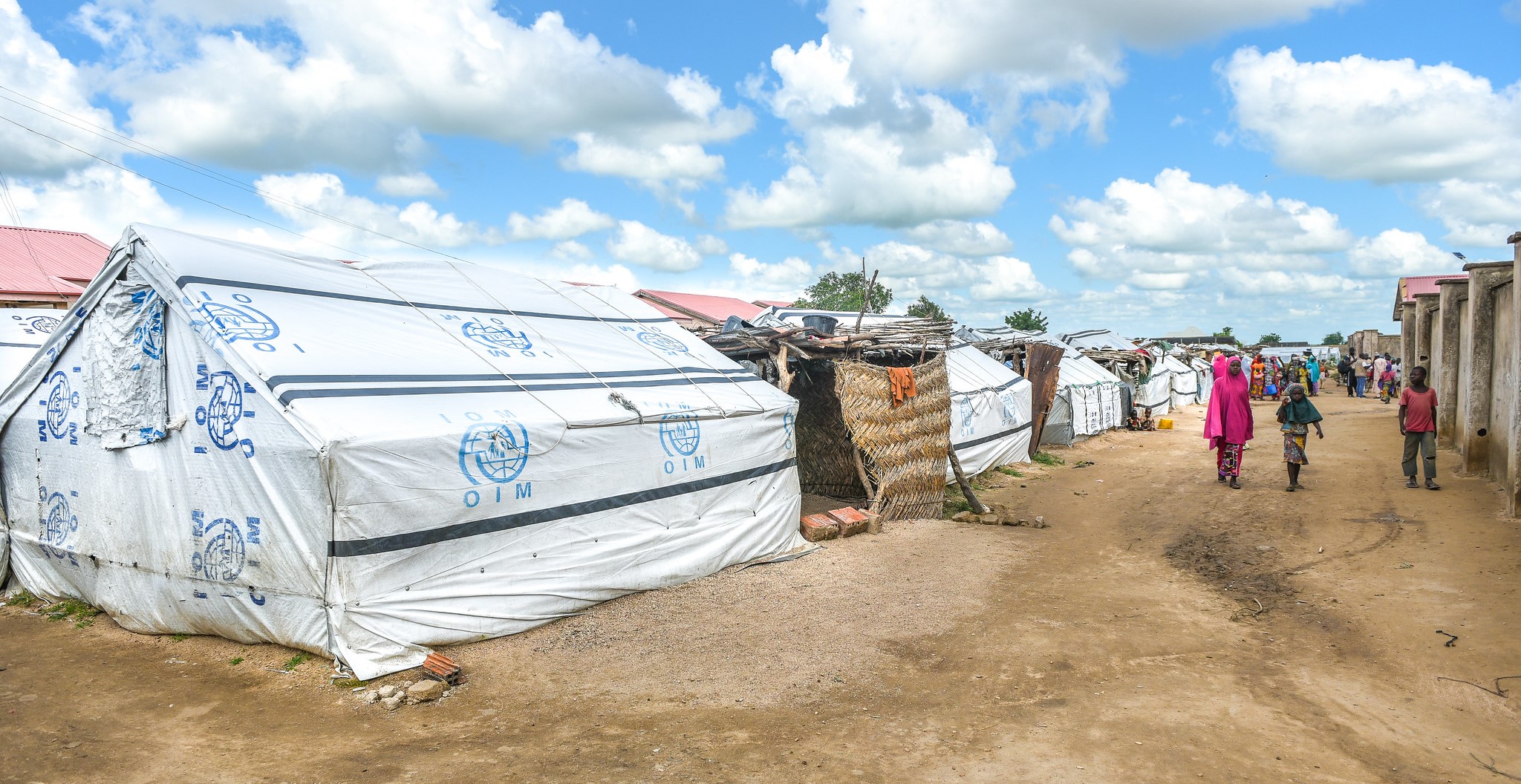With over 82.4 million people worldwide forcibly displaced from their homes at the end of 2020, and humanitarian efforts stretched thin by budgetary shortfalls and the COVID pandemic, crisis response is increasingly pressured to be more effective and efficient. Within this, there is a push to better understand the complex environments in which humanitarian organizations operate. Though situational analysis that helps to serve those in need is becoming more abundant, challenges with making it meaningful for operations on the ground persist.
In this context, Elva Community Engagement (Elva) and the data analytics firm Notilyze, with generous support from the Humanitarian Grand Challenge, are piloting “Camp Forecast” to determine whether and how a multi-source data visualization and forecasting tool can better inform field missions about the needs of displaced persons. This is done together in close cooperation with the International Organization for Migration (IOM) in the Lake Chad Basin countries Cameroon, Chad, Niger and Nigeria.
The aim is to augment IOM’s understanding of how near term forced displacement will shape their operational needs and how they can better support uprooted and returning communities. To do this, Camp Forecast is combining primary data collected by IOM West and Central Africa team’s Stability Index with secondary, open-source data to provide IOM with more nuanced insights into forced displacement in the region. IOM’s Stability Index adds a new dimension of ground-truthed data, which supports crucial understanding of both areas of displacement and return in the context of a protracted conflict.
The Camp Forecast project is drawing lessons from impactful projects that promote data-driven decision-making for both strategic planning and humanitarian operations. This ranges from academic research to applied efforts, such as UNHCR Innovation Service’s Project Jetson in Somalia (read the goat story!), Danish Refugee Council’s Global Displacement Forecast and IOM’s own efforts in Iraq. Meanwhile, UN OCHA’s Centre for Humanitarian Data is not only aggregating diverse datasets, but also building a knowledge base for humanitarian predictive analytics.
Data limitations, privacy and protection concerns, complex environments and insufficient coordination between actors all inhibit data-driven responses. Predictive analytics remains far from an operational reality. However, with the difficulties field staff face with allocating resources, even marginal improvements can make an immense difference for the displaced people they serve. The Camp Forecast team will continue to trial the uses of this approach for IOM’s field programming, and provide lessons learned in the process. Our efforts remain optimistic, yet humble.
—
Elva Community Engagement collects and analyses data from hard to reach, conflict-affected communities to inform and support stabilization and peacebuilding efforts. The views expressed are those of Elva and do not reflect the official position of the International Organization for Migration. For more information about the Camp Forecast project, please contact [email protected].
Image: Emergency shelter in north-east Nigeria. Image Credit: European Union/Samuel Ochai/2018

